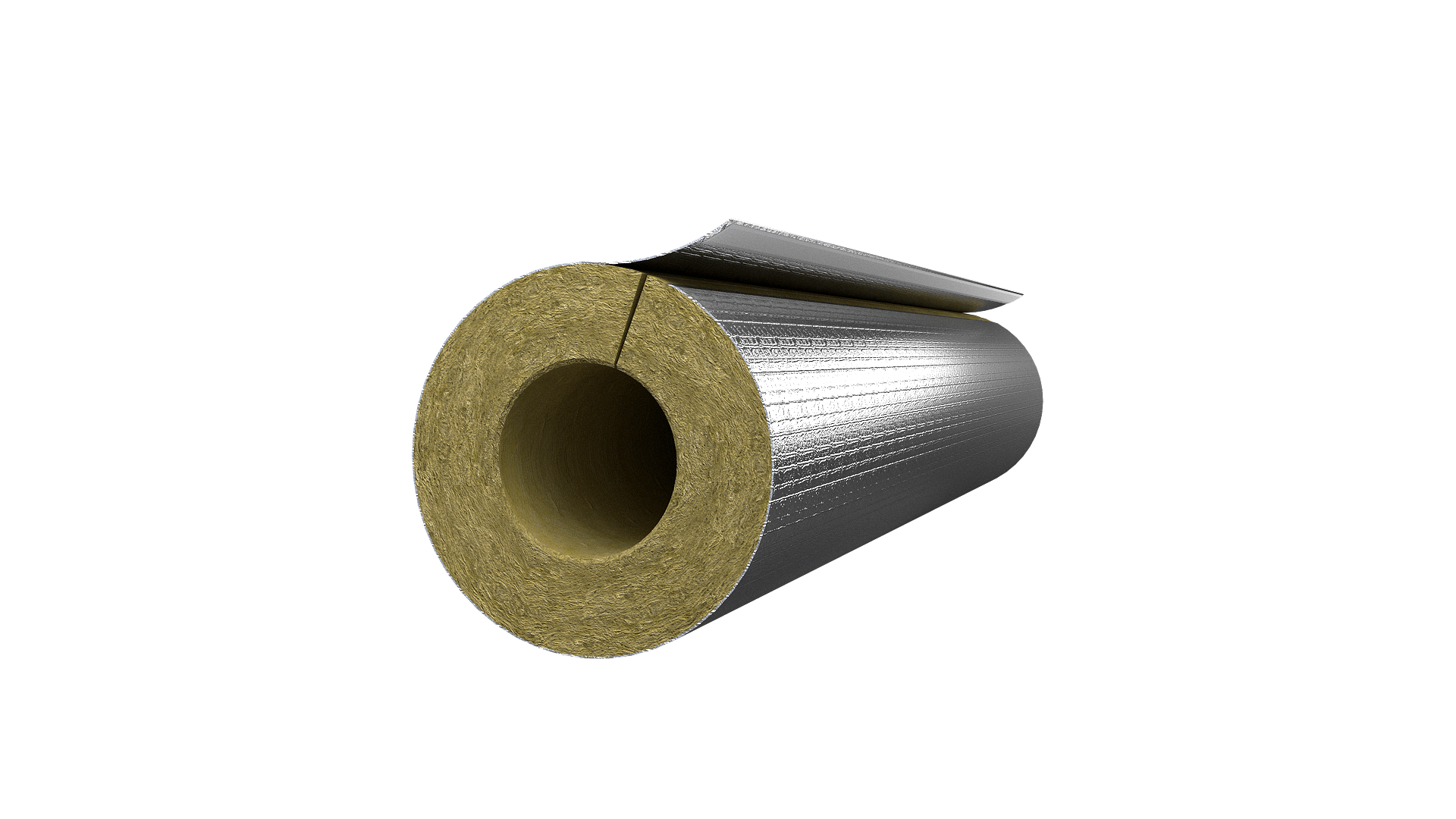Pipe lagging helps prevent condensation, slows down freezing of pipe contents when temperatures drop and can prevent water being transported at low temperatures from heating up.
Our pipe insulation products are suitable for both domestic and commercial use, whether you are working on a retrofit project or a new construction.
Learn more about ROCKWOOL’s pipe insulation products and the expertise, support, and resources we offer to our customers.












